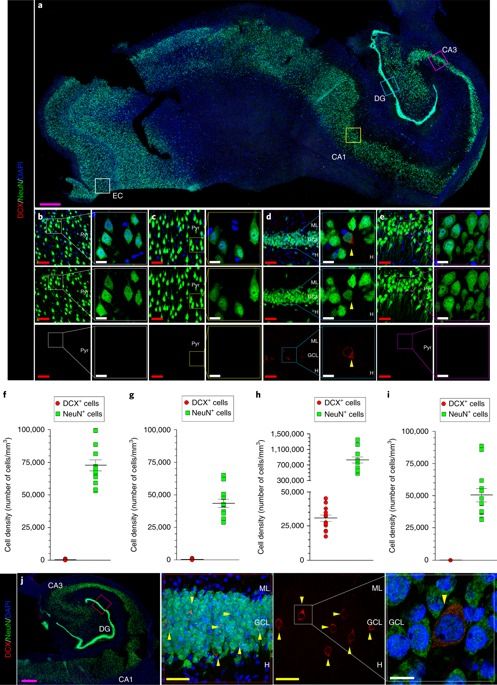
Bio-PDO — Susterra propanediol produced by DuPont Tate & Lyle Bio Products — are among the many smart applications of corn, and constitute the building blocks of a number of environmentally friendly materials, increasingly used in the footwear manufacture.
We are all familiar with sweetcorn or corn on the cob and many of us enjoy eating it boiled and coated in butter. Americans in particular are especially fond of it although less than 1% of all the corn grown annually in the USA is for human consumption. The remaining 99% is industrial corn or maize which is used for animal feed and for processing into a variety of other products. Among these is Bio-PDO or, to give it its commercial name, Susterra propanediol produced by DuPont Tate & Lyle Bio Products, which is used as a basis for a number of environmentally friendly materials, increasingly used in footwear manufacture.
The variety of corn involved is known as yellow dent and has a high starch content. After harvesting and drying, it is transported to Tate & Lyle’s wet mill at Loudon, Tennessee. Using a wet milling process, the corn is separated into its four basic components: starch, germ, fibre and protein. The nutrient rich components are used for animal feed while glucose is derived from the remaining starch fraction and is the raw material used for making 1.3- propanediol. The process starts off with a culture of a special microorganism in a small flask with the glucose. As it grows, it is transferred to a seed fermenter, followed by a ten-story high production fermenter. Fermentation takes place under exact temperature conditions and involves a patented process where the microorganism functions as a biocatalyst, converting glucose into biobased 1.3-propaneidol.
Continue reading “Plant-based footwear from DuPont Tate & Lyle’s Bio-PDO” »

















